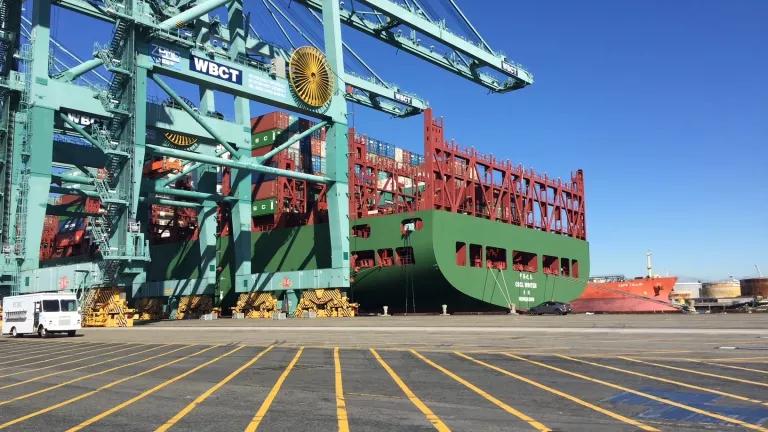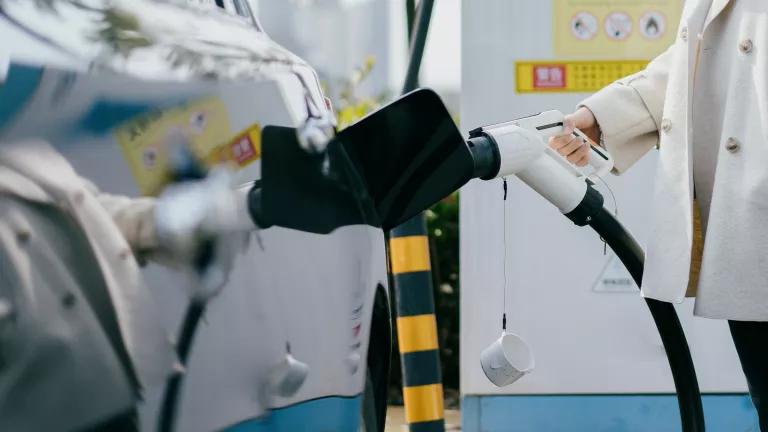Hong Kong has just taken another giant step towards controlling marine emissions, the major source of its domestic air pollution. The Hong Kong Legislative Council has just approved a new rule mandating that Ocean-Going Vessels (OGVs) switch to clean fuel while at berth. This new regulation, set to go into effect on July 1 of this year, aims to "cut sulphur dioxide emissions by 12% and respirable suspended particulates by 6%, improving air quality and reducing health risks". As we mentioned in our report The Prevention and Control of Shipping and Port Air Emissions in China, "a switch to low sulfur (0.5%) fuels will be a major step for helping China's air."
This legislation is a clear demonstration that Hong Kong authorities are eager to combat air pollution from every source. Furthermore, this new rule "will make Hong Kong the first Asian jurisdiction to control its ports' ship emissions."
The regulation itself is quite comprehensive. Here are some highlights:
- OGVs that are 500 tons or more must switch to marine fuel with sulfur levels 0.5% or lower, LNG, or other fuels approved by the air pollution control authority.
- Vessels using technologies that can reduce SO2 as effectively as using 0.5% sulfur fuel may be exempted.
- Vessels must complete the switch to low sulfur fuel within the first hour they are at berth.
- The non-compliance penalty is a fine of HK $200,000 ($25,700) and a six-month jail term.
The regulation also includes comprehensive record-keeping requirements, empowers the government to require the submission of copies of those documents, and makes it an offense to submit false or misleading copies.
It's worth noting that the Hong Kong government, for fear that ships may shift to neighboring ports, also proposes to extend its existing fuel switching incentive program until 2018. The government has not yet released details about the extended incentive program, including whether a tighter eligibility criteria would be set for financial incentives (such as lowering the sulfur level from 0.5% to 0.1%).
Over the past several months, we are also seeing signs that China is taking seriously the issue of controlling ports and shipping emissions. The Shenzhen government, for example, followed Hong Kong in launching a comprehensive set of voluntary measures to promote clean port and shipping practices. Other municipal governments have also asked their ports to look into cleaning up port and shipping-related pollution. Now that Hong Kong has taken the pathbreaking step of enacting mandatory fuel switching requirements, we are confident that other governments in China, and indeed elsewhere in Asia, will be following Hong Kong's progress closely.
This blog post was coauthored by my colleagues Freda Fung and Winslow Robertson.

